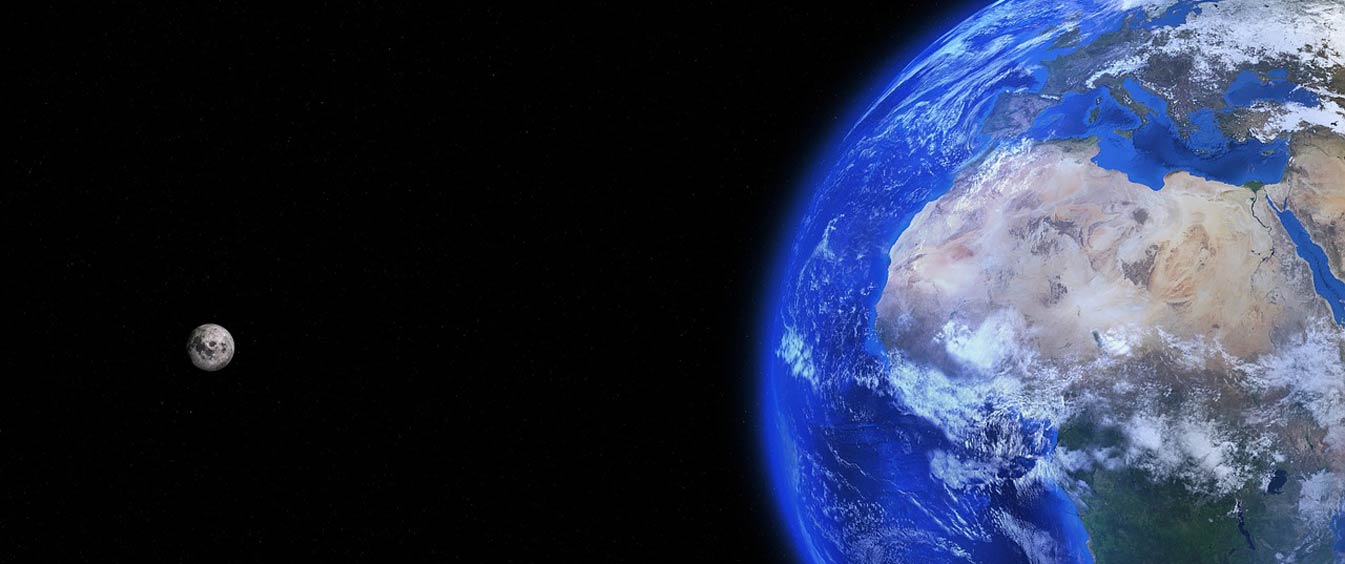
Concerns about climate change and global warming remind me of one Bible story where a certain man tried so hard to warn the population about an impending ‘flood apocalypse.’ And tried he did, but no one took heed. Similarly, climate scientists have for the past decades been blowing the horn on anthropogenic (man-induced) climate change, but the world is not listening. And yet, the importance of understanding anthropogenic climate change, its impacts, and the solutions required cannot be over-emphasized.
There is a very important need to understand that life on Earth depends on how we address this concern. To my surprise, climate change has not been a topic of much significance in my county Malawi, a phenomenon I have come to believe emanates from the lack of general knowledge about the topic. This article takes a quick look at the basics of climate change.
It all starts with the Sun. Solar radiation reaches the Earth’s surface where about half is absorbed and converted into longwave (infrared) radiation, or heat energy, and sent back towards space. However, if all this thermal radiation were to escape, the Earth would be too cold to support any life. That’s where the marvels of the atmosphere kick in. Greenhouse gases, including carbon dioxide, methane, nitrous oxide, ozone, and water vapor, are found in the atmosphere, and they absorb some of the radiated thermal energy and warm the planet.

Photo Credits: Pixabay.com
The logic is simple: without greenhouse gases, we would freeze to death, and with too much greenhouse gases the Earth would heat up beyond survivable levels. Regrettably, scientific evidence shows that we are heading towards the latter, a phenomenon popularly known as global warming. We have already warmed the world over 1 degree Celsius above pre-industrial levels because of the greenhouse gases we have emitted.
Appropriate amounts of greenhouse gases must be present to keep our planet’s average temperature within a life-sustaining range. Naturally, the Earth’s ecosystem was designed to do exactly that - to regulate the levels of greenhouse gases present in the atmosphere. Unfortunately, this natural balancing system is being upset by human activities that emit massive quantities of carbon dioxide and other greenhouse gases into the atmosphere. According to NASA’s climate scientists, “the burning of fossil fuels like coal and oil has increased the concentration of atmospheric carbon dioxide (CO2) by more than a third” (from 280 parts per million to 400 parts per million) since the Industrial Revolution began. Other activities that contribute to greenhouse gas emissions include, but not limited to deforestation, natural gas distribution, and landfills.
Looking at it from a broad angle, it is easy to note that we are all a part of the problem; you, me and everybody else in Malawi and beyond. It is high time that we decided, every one of us, to take part in efforts to curb man-induced climate change and save our Earth from worming to levels that can have severe consequences for our life-support systems.
On an individual level, we can start by adopting simple practices like ‘energy-saving’ that will in-turn help in minimizing greenhouse gas emissions. In Malawi, I would call for rigorous environmental and climate policies to be put in place in order to cut-down on industrial greenhouse emissions.
But most important of all, knowledge is power. Make sure that you educate others about climate change and let them understand that they can be part of the solution. Everybody can make sure they reduce the greenhouse gases emitted from the food they eat, the transport they take, the electricity they use or the goods they buy.
All photo credits to Pixabay.com



